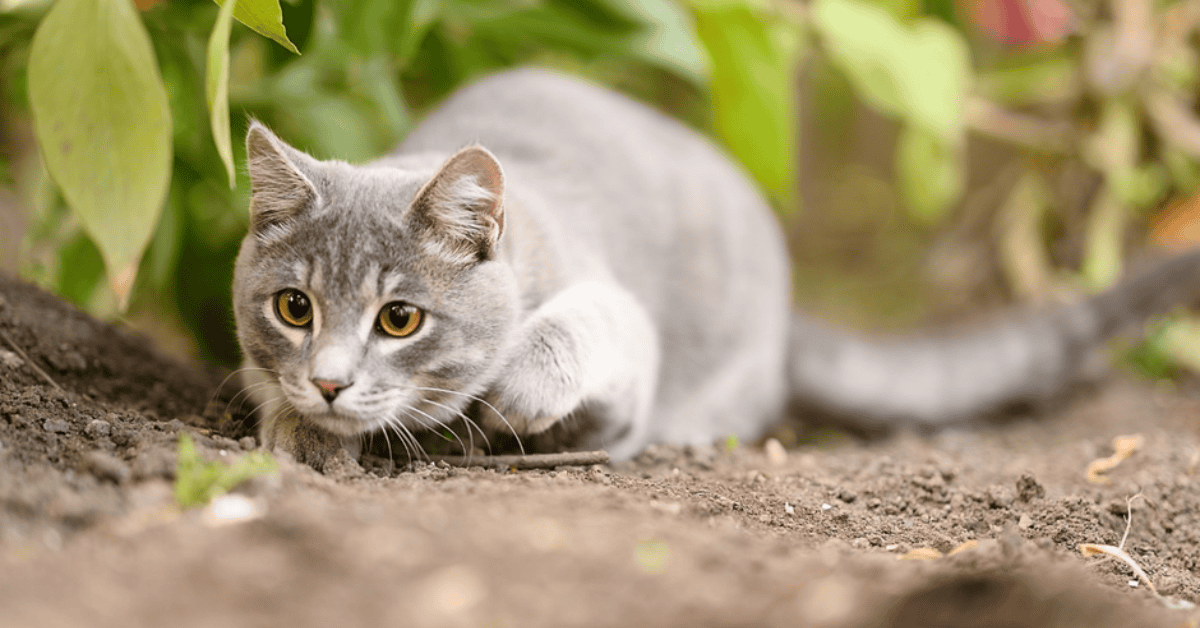
The spring equinox marks the beginning of spring, when we all start to appreciate longer days and the delights of nature’s spring blossoms.
The celebration of Easter is also enjoyed by many families here in the UK. As a nation of pet lovers, it is not unusual to include our furry friends in everything we do. The Cats Protection reports one in four households’ own cat in the UK. But how can we keep our cats safe this Easter?
As many cat owners know, cats retain a lot of their characteristics of their wild ancestors. Taking joy in activities such as chasing and catching prey.
Like their ancestors, cats are obligate carnivores, meaning they must have meat and animal ingredients in their diet as they cannot obtain the nutrients they need to survive from plants alone.
Carnilove cat foods have been formulated to respect the natural origin of cats and using the latest technologies to produce irresistible recipes like Carnilove True Fresh Cat, made with only fresh meat, no meat meal.
No surprises so far right!? What may surprise some owners is the way cats experience taste, Feliway explored this in more detail, explaining cats cannot identify sweet sensations.
This is food for thought! Let’s take a closer look at what foods we should avoid sharing with our feline friends this Easter.
Why Some Human Foods Are Dangerous for Cats
So what foods are toxic for cats? Some human foods are dangerous for cats. Chocolate, raisins and artificial sweeteners such as xylitol can be found in many Easter treats. These can all pose serious health risks to our cats. Chocolate contains chemical compounds called theobromine which can be fatal when ingested. Nutmeg, which is often used in Hot Cross Buns and Simnel Cake contains a compound called myristicin that can be toxic even in small amounts.
Let’s keep those Easter treats strictly for our human family! For cats, it is better to choose a cat safe, meat based treats.
Symptoms of Food Poisoning in Cats
If your cat eats poisonous food, they will likely show some telling signs. The PDSA describes the typical symptoms of eating theobromine contained in chocolate are diarrhoea, vomiting, abdominal pain, drinking and in serious cases fast breathing or seizures may occur.
What to Do If Your Cat Eats Toxic Food
So, what to do if your cat eats toxic food? Contact your vet immediately! It is best to act fast, don’t wait for the symptoms to show if you know they have ingested a toxic or poisonous food.
Safe Alternatives to Harmful Foods
It is still possible to safely include our cats this Easter. Small amounts of cooked unseasoned chicken or lamb meat (fat removed), carrot or boiled egg may offer a nutritious reward for your cat.
However, for cats with diet sensitivities sticking to their usual food made specifically for cats is the safest option. Carnilove Chicken & Lamb wet cat food provides a complete balanced food for adult cats.
How to Prevent Accidental Ingestion
A popular family activity is ‘Easter Egg Hunts’, which often involves hiding chocolate eggs for children to find. However, it is important that your cat doesn’t discover these before the children do! The shiny wrappers make attractive playthings for cats and a risk of ingestion.
To keep cats out of harm’s way, move them indoors or in a separate room. Create a fun-filled game just for your cat using Carnilove cat treats or kibble, hide their favourite reward around the room keeping them busy until it is safe for them to return to the rest of the home/garden. The hunt is on! With Carnilove.
Top Tip – Note the number of chocolate Easter Eggs hidden for the hunt to ensure they have all been collected.
